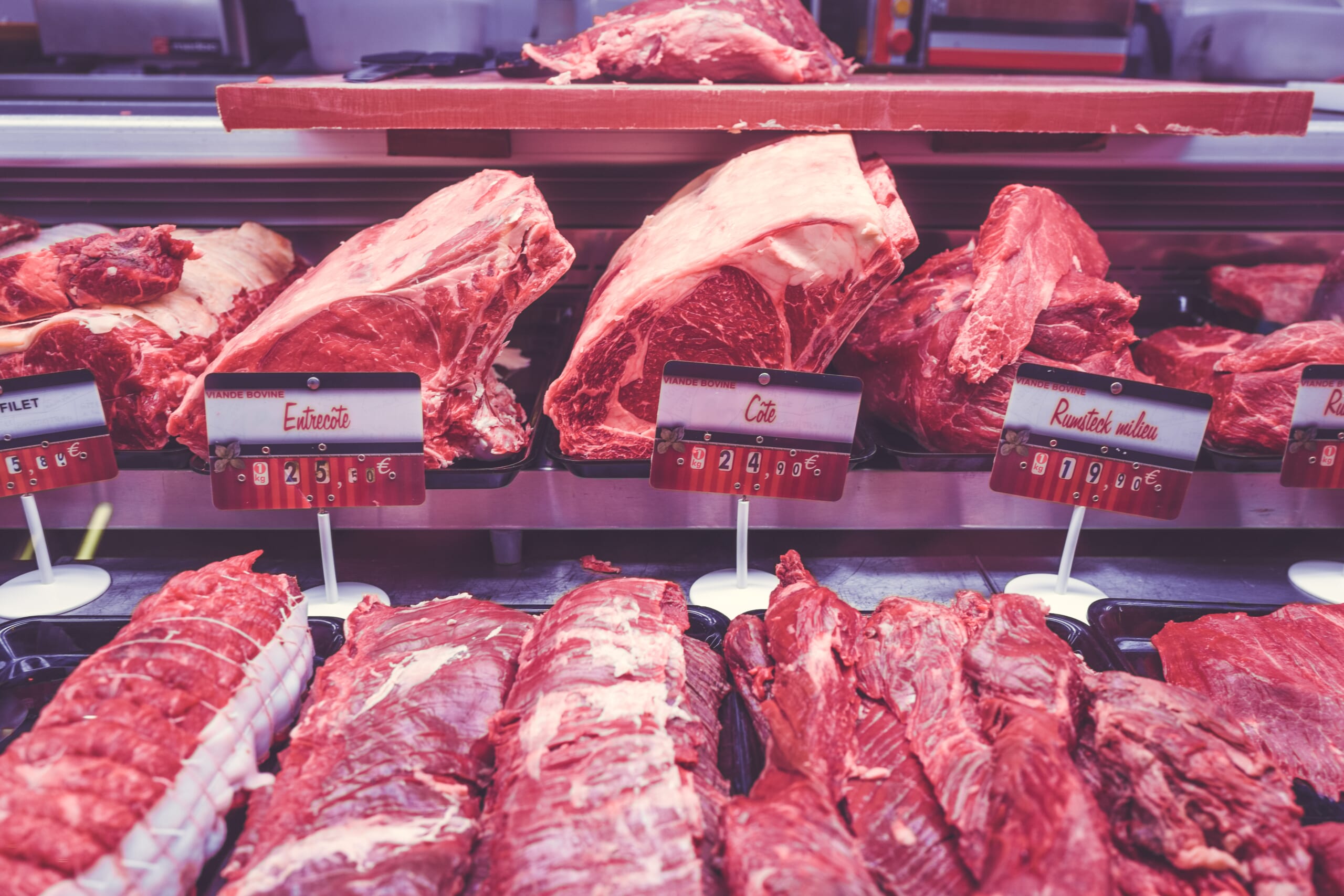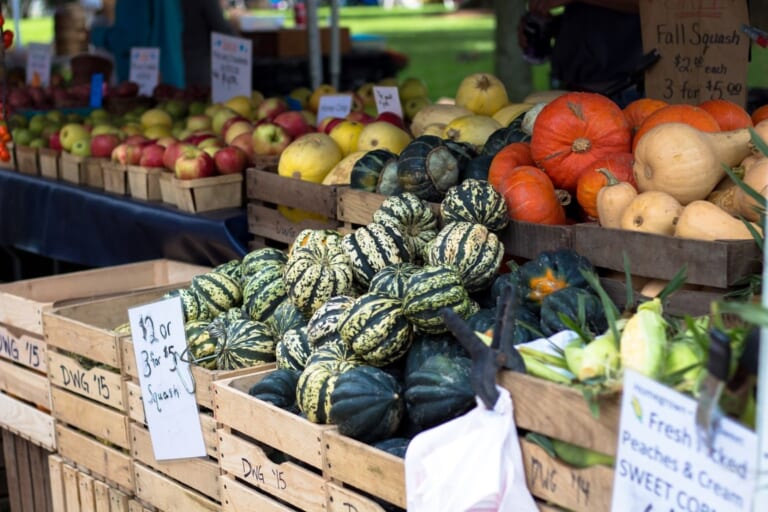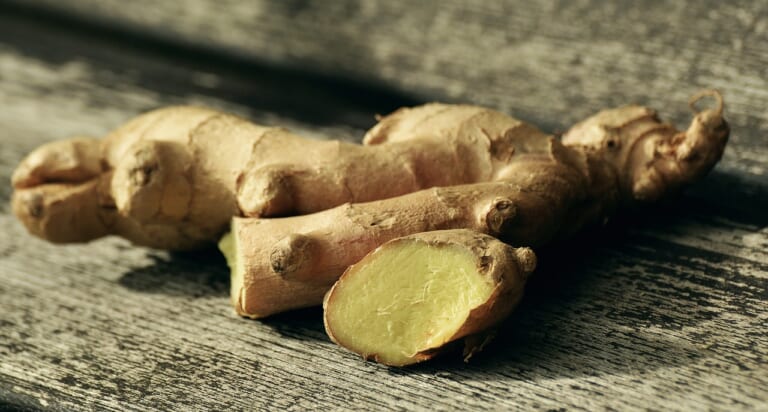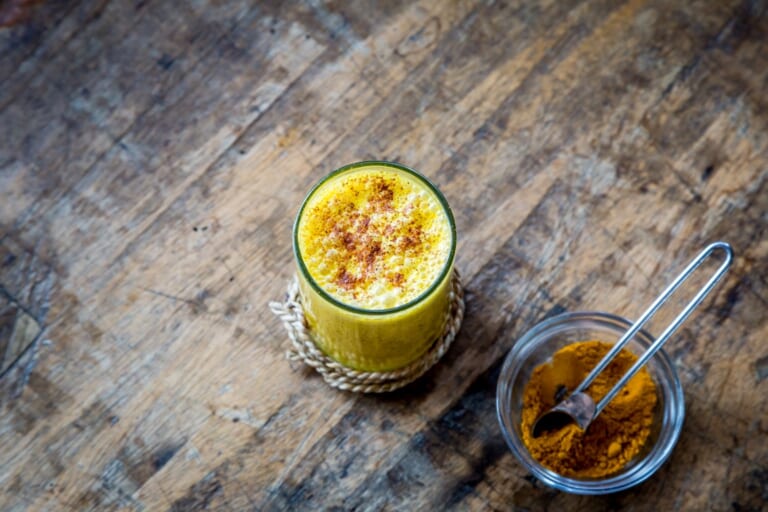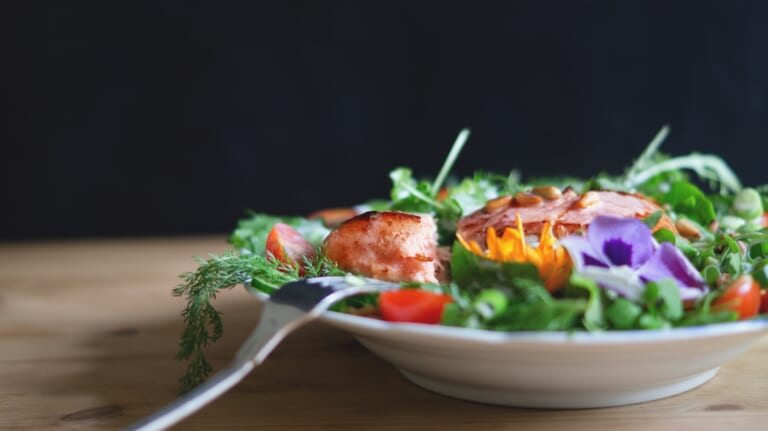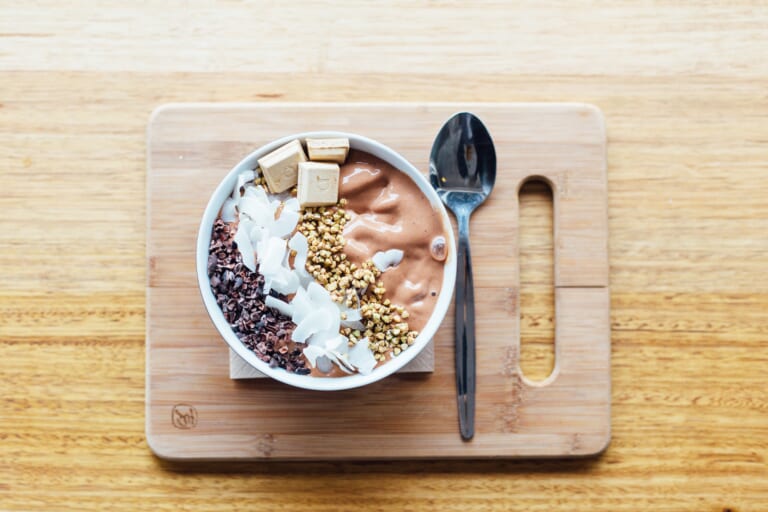Making the Decision to Go Gluten Free?
Going gluten free is rising in popularity, and I know a lot of people are wondering if it’s something they should consider for themselves. A recent increase in celiac disease has led people to believe this is an all-together healthier alternative diet, and there are a lot of health benefits you can get from a gluten-free lifestyle, as long as you’re still balancing the rest of your diet.
To begin with, gluten is a protein found in many wheats and grains that creates the elasticity in the dough. It’s the only protein that’s 100% indigestible. For people with celiac disease or a gluten intolerance, this is a huge problem, and switching to a gluten-free diet (which cuts out most grains) can lead to improved cholesterol levels, digestive health, and energy levels. If this is you, even foods that “may contain” gluten could be cross-contaminated- check the labels carefully. In addition to celiac disease and gluten intolerance, a gluten-free diet can also help with irritable bowel syndrome.
If you don’t have any of these issues, there’s no real need to give up the gluten. The biggest benefit of this choice for you would be the fact that you’d most likely be avoiding a lot of the processed foods you may be eating now. These foods are full of chemicals and artificial flavors which are naturally unhealthy for you. By cutting out bread products, you’ll also be decreasing your intake of unhealthy oils and carbohydrates. Eating only gluten-free foods like fruits and veggies, lean protein, gluten-free whole grains, and healthy fats definitely won’t hurt you; in fact, they’ll boost your immune system with antioxidants, vitamins, and minerals. You may just have to be a little more aware of what you’re eating to make sure your new diet’s properly supplemented!
It’s important to maintain a healthy, well-balanced diet if you decide to go gluten free. A lot of refined foods that are processed to be made gluten free are made with a potato or rice starch as opposed to whole grains. Assuming there’s no medical need to avoid gluten, you’re missing out on quite a few health benefits here. Fiber, iron, folate, calcium, and B12 are a few things to consider supplementing when you cut out gluten all together.
Ultimately, it’s a decision you have to make for yourself. Unless gluten’s giving you serious trouble, removing it from your diet has both advantages and disadvantages to consider. Whether you’re considering cutting it out all together, or you’re just interested in trying to add a few gluten-free recipes to your repertoire, start with a few healthy snacks. I love these roasted buffalo chickpeas as well as this apple & smoked gouda sweet potato toast recipe from EatingWell!
To learn more about gluten before making your decision, look over these helpful resources on Live Science, Everyday Health, and The Weston A. Price Foundation.
If you’d like to catch up on more tips and advice for healthy eating and cooking like a chef, be sure to follow me on Instagram at OfficialChef and check out SimpleEatsTV on YouTube.
Always remember Eat with a Purpose!

